postgraduate program, research center
2008 BLOCK I
1 January-31 March 2008
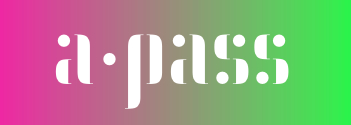
Read more..
postgraduate program, research center
2008 BLOCK II
1 May-31 July 2008

Read more..
postgraduate program, research center
2008 BLOCK III
1 September-31 December 2008

Read more..
performative publishing, postgraduate program, research portfolio
Sara Manente DEMOCRATIC FOREST
1 January 2009
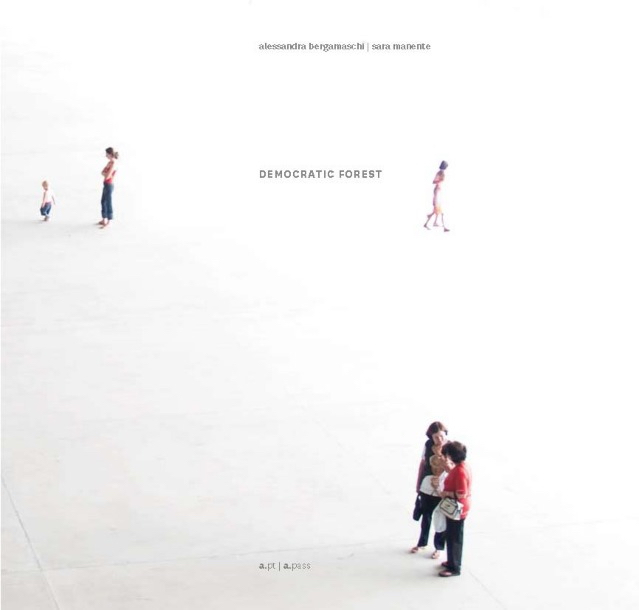
Read more..
postgraduate program, workshop
Tom Plischke & Kattrin Deufert CONSEQUENCES
2-6 March 2009
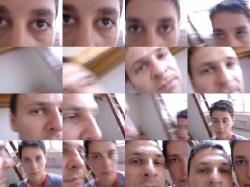
Read more..
performative publishing, postgraduate program, research portfolio
Marcos Simoes THE LAUGHING BODY
research publication
1 May 2009
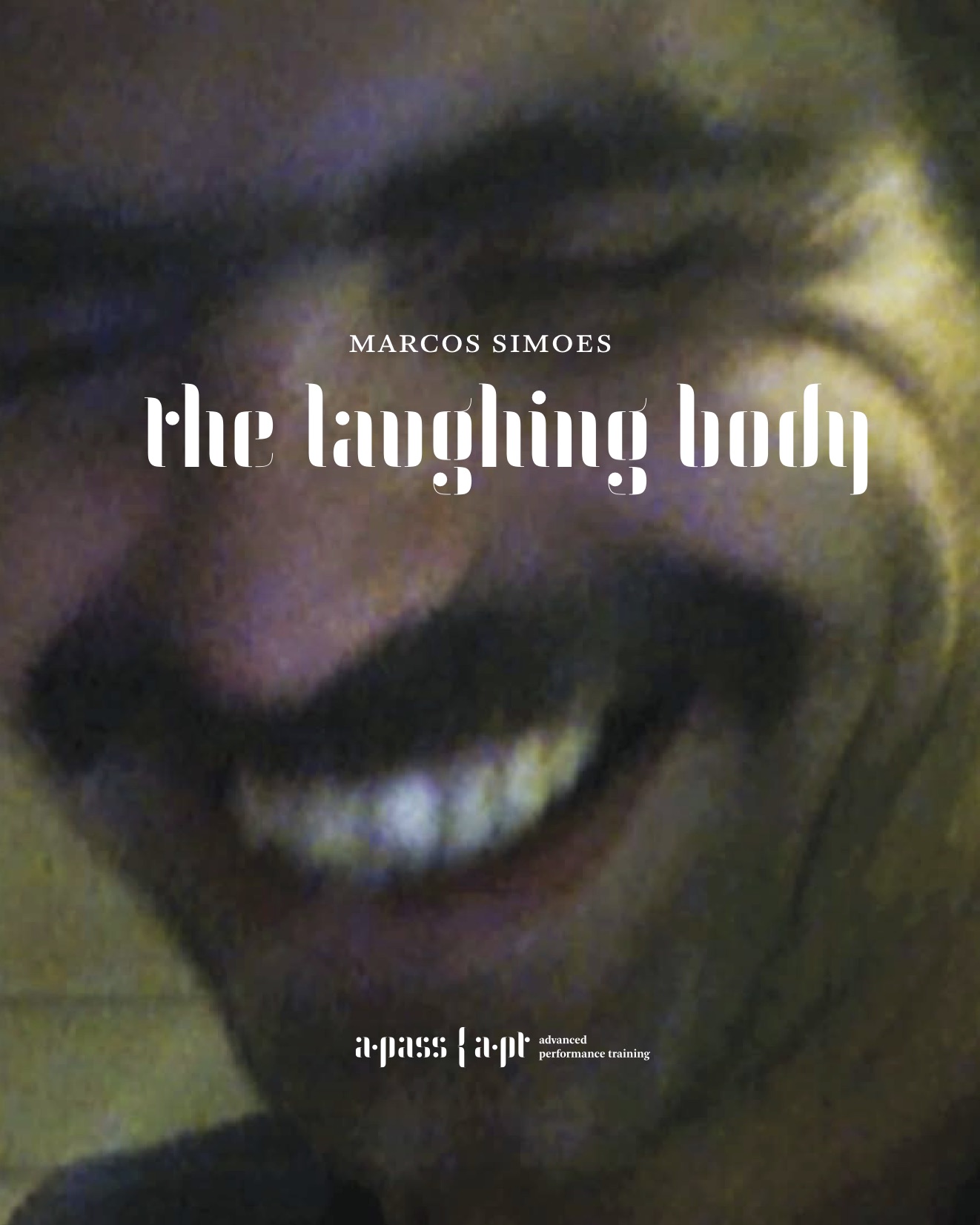
Marcos-Simoes_the-laughing-body.pdf
postgraduate program, research center
2009 BLOCK II
1 May-31 July 2009

Read more..
performative publishing, postgraduate program, research portfolio
Ed. by Constanze Schellow 56 Ways (not) to
research publication
1 September 2009
performative publishing, postgraduate program, research portfolio
Ariane Loze Môwn (movies on my own)
DVD and booklet; research publication
1 September 2009
postgraduate program, research center
2009 BLOCK III
1 September-30 November 2009

Read more..
postgraduate program, research center
2010 BLOCK I
1 January-31 March 2010

Read more..
performative publishing, postgraduate program, research portfolio
Jozef Wouters What is it that I have done?
book
1 January 2010
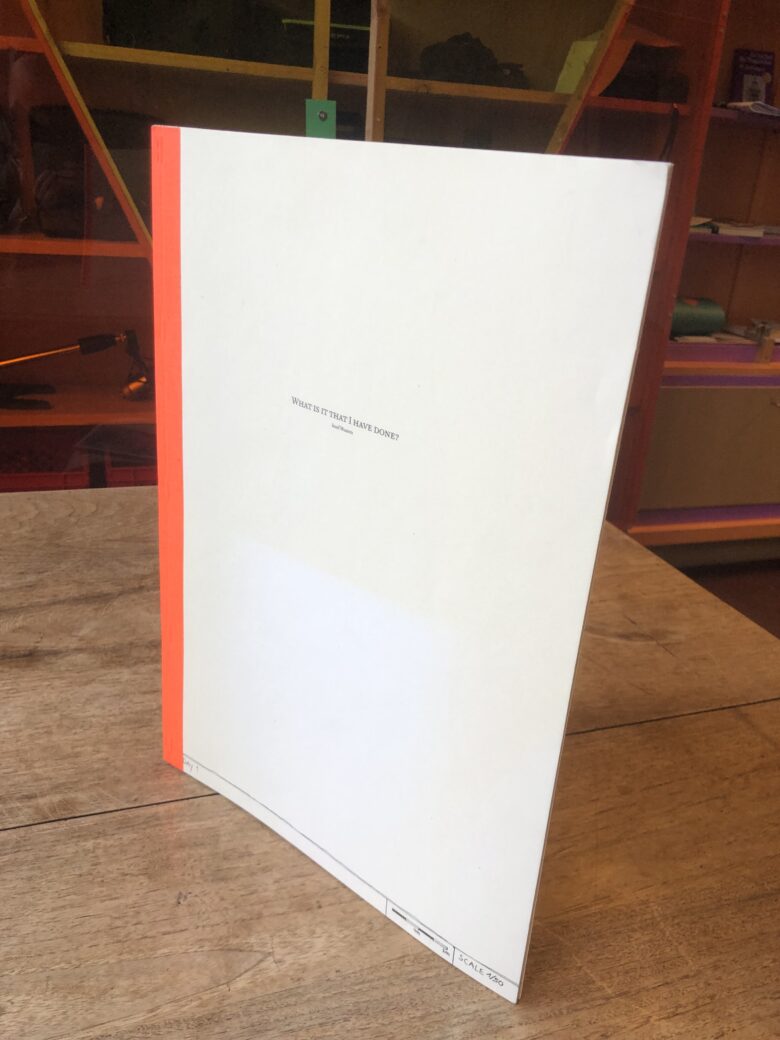
Order this publication.
performative publishing, postgraduate program, research portfolio
Fanny Zaman Song Mountain Area, The Centre Direction
booklet + DVD; research publication
1 January 2010
postgraduate program, workshop
Tom Plischke & Kattrin Deufert CONSEQUENCES II
1-6 March 2010

Read more..
postgraduate program, research center
2010 BLOCK II
1 May-31 July 2010

Read more..
postgraduate program, research center
2010 BLOCK III
1 September-30 November 2010

Read more..
research center
texts by: Elke Van Campenhout, André Lepecki, Christophe van Gerrewey, Nele Wynants; ed. by Mokum, a.pass It, Thingly Variations in Space
15 Euro
1 January 2011

This book explores the position of the object in contemporary performance.
price: OUT OF STOCK
Read more..Order this publication.
performative publishing, research portfolio
Katrin Lohmann On Some Things
comic strip book
1 January 2011
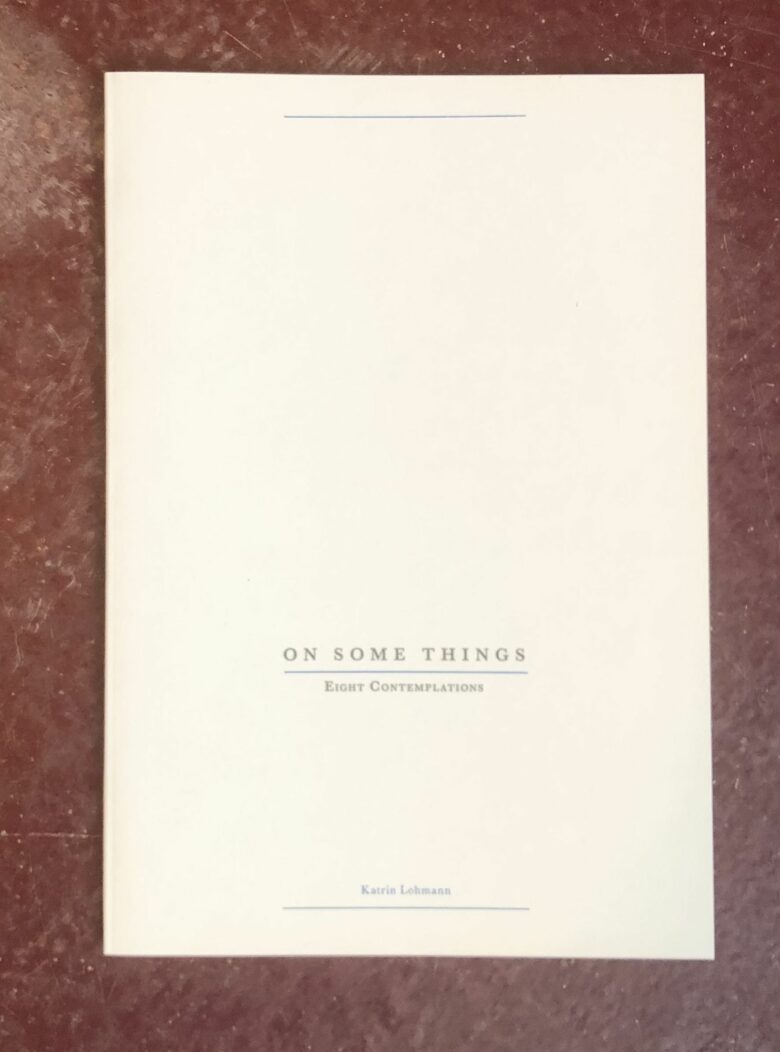
Order this publication.
postgraduate program, research center
2011 BLOCK I
1 January-31 March 2011

Read more..
research center
Elke van campenhout tools for research
1 January 2011
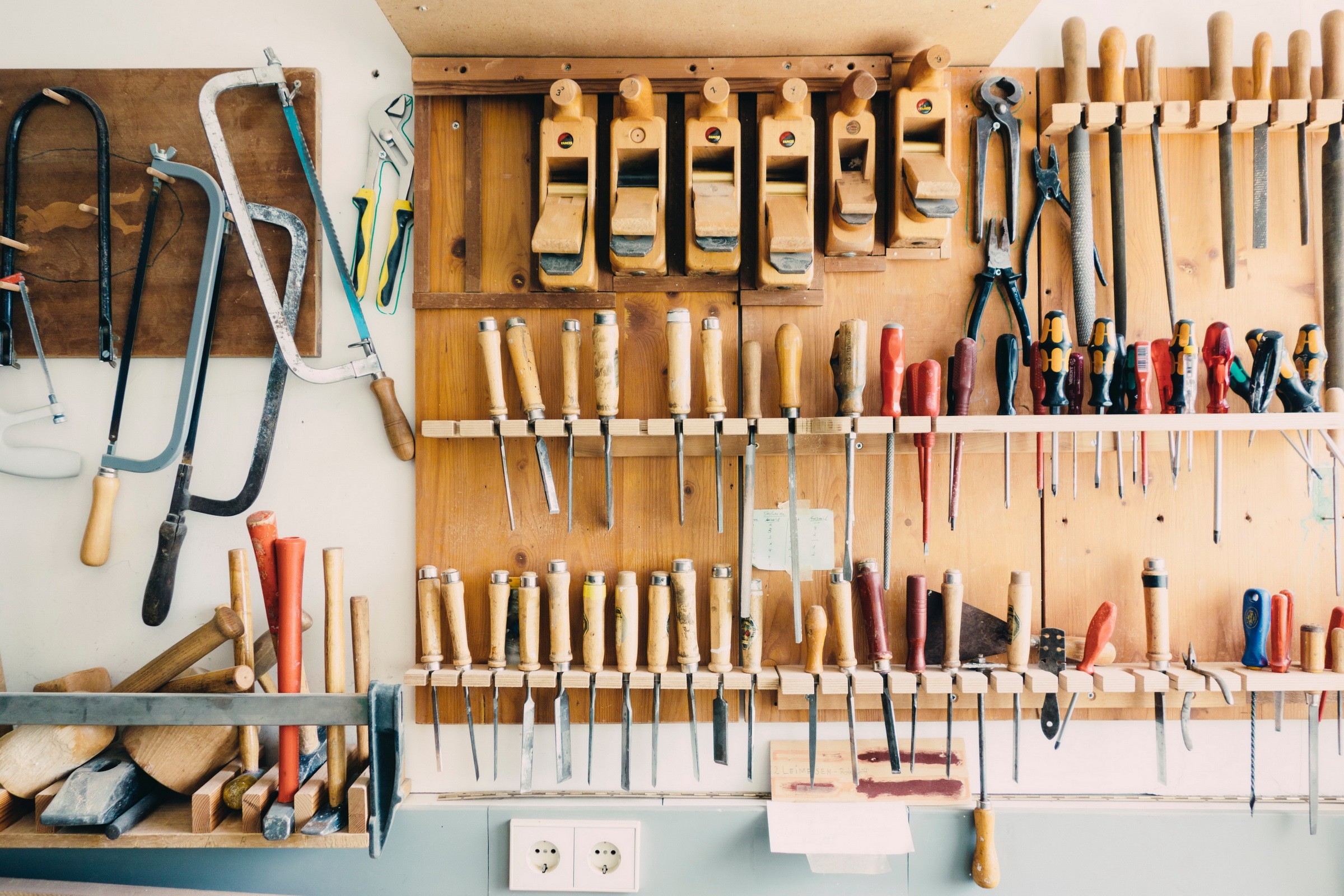
Thinking about tools in the research environment of a.pass is a tricky ‘thing’. When we think about tools in everyday language, we think about ‘things that do something’. But not whatever. Tools are things that have their function inscribed in them, that are optimized for achieving a certain goal, like the radically specified instruments IKEA offers you in its DIY packages. In an artistic research environment the question thus to ask in the first place is: what kind of tools do we need to do what we do?
Read more..postgraduate program, research center
2011 BLOCK II
1 April-31 July 2011

Read more..
postgraduate program, workshop
Pierre Rubio ARTIFICIAL REALITIES #1
30 May-3 June 2011
Displacements and Attachments
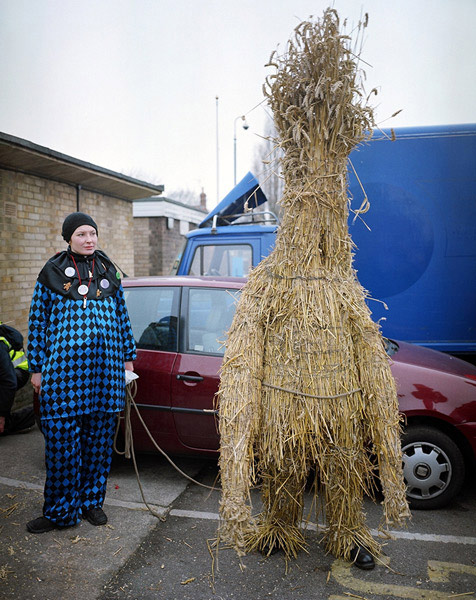
Read more..
postgraduate program, research center
2011 BLOCK III
1 September-30 November 2011

Read more..
postgraduate program, workshop
Pierre Rubio ARTIFICIAL REALITIES #2
10-23 October 2011
Magical Materialism
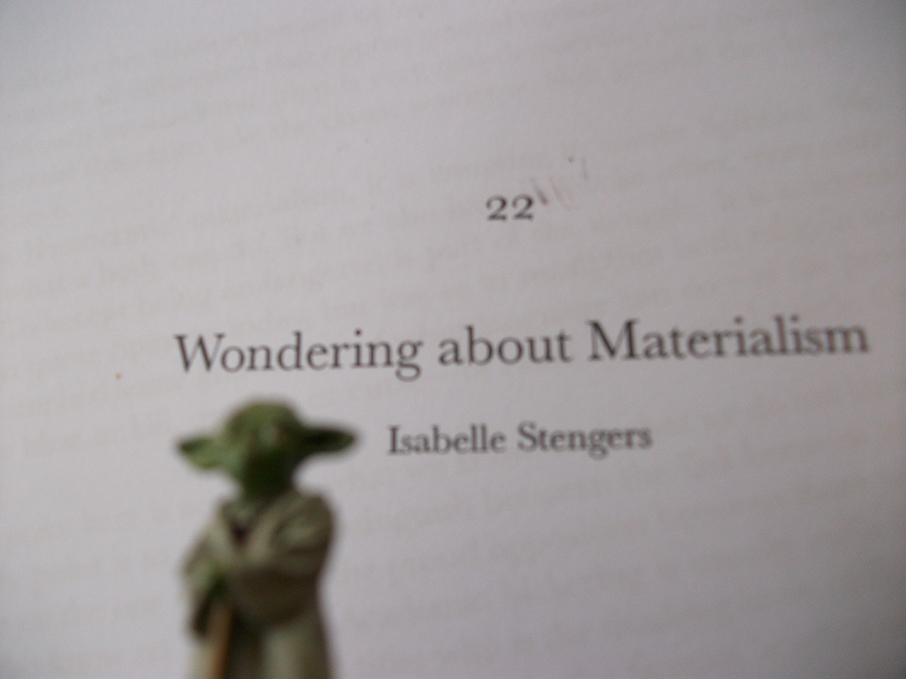
Read more..
postgraduate program, research center
2012 BLOCK I
1 January-13 April 2012

Read more..
postgraduate program, research center
2012 BLOCK II
1 May-31 July 2012

Read more..
postgraduate program, project, workshop
Higher Performance!
7-18 May 2012

Some workshopping in economics for artists is due!
At latest since 2008 it became clear, that the economic system we are living in and with is wacky, unjust and not sustainable. Many of its instruments are either exaggerated or exhausted. The bubbles it produces in different markets are getting out of control and deregulated fiscal constructions are dramatically failing.
postgraduate program, workshop
High Performance! Glossary
8 May 2012
workshop day 1
The current economic crisis is not only a result of some major failures in speculating practices, but the outbreak of a constant crisis inherent to the system. Exploitation of the society and the environment through a reliance on constant growth, the possibility of infinite creation of money for some through the creation of debt for the majority, and the binding of most life-procedures to procedures of money are creating a precarious and dangerous economic climate.
Read more..